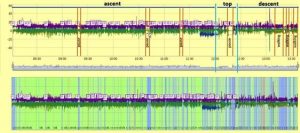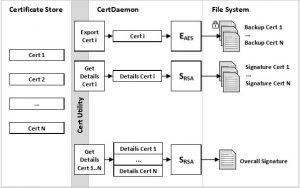Topic for a Master Thesis in Information Management
The following topic is offered at the Department of Applied Informatics:
“Analysis and design of an information and communication platform based on Confluence”
Web-based tools for information collection, information exchange and communication are nowadays common in many organisations. Typical examples are knowledge management systems, corporate wikis, discussion forums or file exchange systems.
Smaller companies are, however, often confronted with the problem that commercial solutions offer too much functionality for the planned use; at the same time, these system can only be adapted to the organisational requirements with some effort.
In the context of the master thesis the software system “Confluence” by the company Atlassian will be examined regarding its usability and applicability for a start-up company in the area of political and economic strategy development and communication. The expected result of the master thesis is a study of possible applications, limitations and alternatives to the mentioned software solution.
The topic is suitable for students of Information Management. Alternatively, the topic can also be worked on in the frame of a “Praxis” (Section 6.1 of the curriculum).
For further information, please contact Prof. Dietmar Jannach, Research Group Information Systems.












